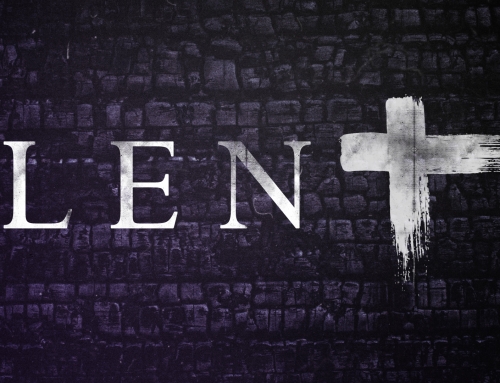 As I sit here in a little coffee shop in Wilmington, NC and reflecting on the last details to finish today for the Christmas Gathering of our House Church tomorrow evening, I am struck with a humbled sense of gratitude. In all the business and planning we do for our churches in the West, we can lose sight or maybe never see the essence of what church really is. We can so easily take the Church for granted when caught up in all that we do to run and maintain our traditional Church Organizations; with all the meetings, boards, committees, programs, classes, politics, and facility needs.
As I sit here in a little coffee shop in Wilmington, NC and reflecting on the last details to finish today for the Christmas Gathering of our House Church tomorrow evening, I am struck with a humbled sense of gratitude. In all the business and planning we do for our churches in the West, we can lose sight or maybe never see the essence of what church really is. We can so easily take the Church for granted when caught up in all that we do to run and maintain our traditional Church Organizations; with all the meetings, boards, committees, programs, classes, politics, and facility needs.
According to the AP reported on November 26, 2009, “A court in northern China has sentenced five leaders of an unauthorized Protestant church to prison terms of up to seven years on charges including illegal assembly, rights groups reported Thursday.” Among those arrested were the Pastor, his wife and three other church members. The AP goes on to say, “The sentences are among the harshest in recent years for members of so-called “house churches” — congregations that refuse to register and accept the authority of the government’s Religious Affairs Bureau.”
A few weeks ago I was sitting in our church gathering, a group of about 20-30 people circled up in a large room off the back of our home. Looking around the room I was thinking about this story of a pastor and his wife who met just like we were that morning but knowing they were risking their freedom, maybe their lives and yet this did not deter them. They were doing exactly what we were that morning; singing, reading, praying, studying, laughing, eating, loving, sharing our stories- our lives with each other, and meeting each other’s needs. However, we were risking nothing that the death of pride wouldn’t fix. They were risking everything. It’s amazing how the thought of that can refocus you on what is really important and not, what the church is and not. It makes you grateful.
According to a study done by the Barna Group, when a Chinese House Church pastor or leader is arrested or killed, the house church may disband, but out of it will form 5 other House Churches. This may explain the latest statistics reported on an article from the Seattle P-I on October 3, 2008:
Zhao Xiao, a former Communist Party official and convert to Christianity, smiles over a cup of tea and says he thinks there are up to 130 million Christians in China. This is far larger than previous estimates. The government says there are 21 million (16 million Protestants, 5 million Catholics). Unofficial figures, such as one given by the Center for the Study of Global Christianity in Massachusetts, put the number at about 70 million. But Zhao is not alone in his reckoning. A study of China by the Pew Forum on Religion and Public Life, an American think tank, says indirect survey evidence suggests many unaffiliated Christians are not in the official figures. And according to China Aid Association, a Texas-based lobby group, the director of the government body that supervises all religions in China, said privately that the figure was indeed as much as 130 million in early 2008. If so, it would mean China contains more Christians than Communists (party membership is 74 million) and there may be more active Christians in China than in any other country. In 1949, when the Communists took power, less than 1 percent of the population had been baptized, most of them Catholics. Now the largest, fastest-growing number of Christians belong to Protestant “house churches.”
It is clear that this incredible growth of disciples is a result of the unauthorized and uncounted House Church Movement under great persecution. This has also served to keep Christians in House Churches focused on what is important and not hindered by Western consumer necessities. Without our baggage, the House Churches in China have become relational not religious, flexible not rigid, creative not stagnate, inclusive not exclusive, adaptable not compromising, disciple building not building churches and giving not getting. They are not worried about getting their church name out there. The only name they are concerned with promoting is Jesus. What if our Western Pastors, Apostles, Prophets, Evangelists and Churches were more concerned with making the name of Jesus famous than the name on the sign out front.
I am not throwing stones. I’ve been there. This is not to say that House Churches are where it’s at or what God is doing now. It’s really not about leaders, traditional churches, buildings, money or programs. It’s about evaluating what we think and do as the Church and refocus on what is true and really necessary to be the Church. It’s about shedding unnecessary baggage. It’s about seeing through God’s eyes, getting His heart and being led by the Holy Spirit no matter what the cost, even if the cost is how we’ve always done it. It’s about Jesus and people – all else is negotiable and subject to change.
It about being grateful.







John! Let all God’s children say Amen! Blessings & Love.
Please put a “share this on FaceBook” button on here. I really like what you have to say and think a LOT of others need to hear it.
Thanks Curtis. I’m glad you are enjoying it. There are sharing buttons below each post.